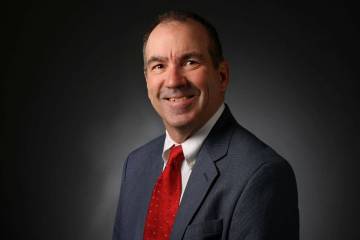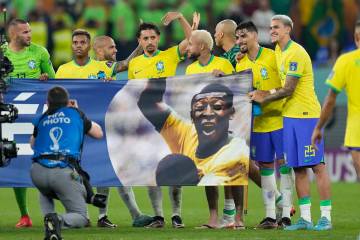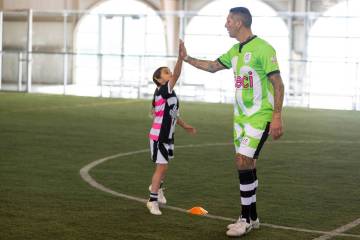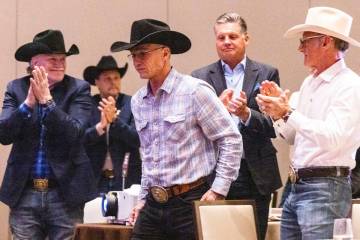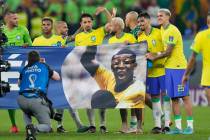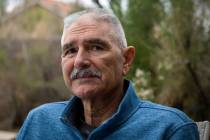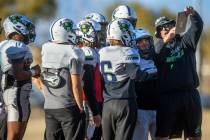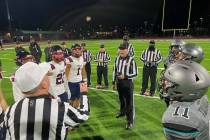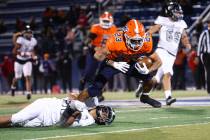Distance runner Shorter witness to Boston, Munich tragedies
They are two of the most profound tragedies in sports, separated by 41 years, linked by a trail of tears. Frank Shorter was there for both. It’s not something he’s proud of; it’s something he endured. Sometimes, the fates just conspire in strange ways.
In 1972, in Munich, he was no more than 250 yards away from the man on the balcony in the balaclava toting the machine gun.
Last year, in Boston, he was maybe 40 yards from where the second bomb went off.
In Munich, Frank Marathon, the great marathon runner, heard the rat-a-tat-tat of machine guns across the courtyard. It was 4 a.m. He had been sleeping on a mattress on the balcony of his cubicle so Dave Wottle, the middle-distance runner, and his new wife, Jan, could have time to themselves.
In Boston, after the first bomb exploded, Shorter was making his way back to the Universal Sports Network compound to find out what the hell was going on. In a little while, he would have to make a postrace report as Boston Marathon analyst.
He could get only so far before being stopped by the commotion and a wall of people.
He ducked into a Lord &Taylor dress shop on Boylston Street, hoping to take a shortcut through the back door. He was inside the store when the second bomb went off, behind him, across the street. He felt the percussion.
Oh, no, not again.
That’s what Frank Shorter was thinking.
He was also thinking about a small child who had been riding on the shoulders of a grownup just ahead of him when he ducked into the dress shop.
Frank Shorter was on his way to Boston when we spoke on the telephone. He talked about how witnessing and experiencing these profound tragedies had affected him, how they would influence what he says to viewers today during the 108th running of the Boston Marathon.
He would probably talk about Munich, about how he thought the Olympic Games were over after the Israeli coaches and athletes were slain. The thought of winning the marathon gold medal never occurred to him, because it wasn’t about that anymore.
But while leaving the memorial ceremony for the slain Israelis, he turned to his fellow marathoner Kenny Moore and said maybe it should be about that. And that maybe the games should go on, as Avery Brundage had decreed.
If I don’t run, if we don’t compete, then the terrorists win, Frank Shorter remembers saying.
That now sounds like a familiar refrain. Back then it didn’t, because back then terrorism wasn’t so rampant, or TV didn’t report on it that much. Or if it did, we were watching Archie Bunker instead of the news.
Boston won’t let the terrorists win, either, Frank Shorter says.
This year’s marathon is expected to attract a record number of runners and spectators. Shorter said you could tell by the way people responded last year after those bombs went off that this is a city and a crowd not easily intimidated.
Yes, some people continued out the back door of the dress shop, Shorter said. He saw many more go back out the front to aid those who had been injured.
He remembers the bloody triage scene, how the sister of the little boy who had died had a leg blown away. How a bystander had approached, wanting to help. How the EMT asked this man for his belt, so he could fashion a tourniquet, stem the flow of blood, save the little girl’s life.
“I’m watching the triage and I’m watching everyone run to the problem ... that sort of willingness transfers into a collective vigilance along the way, the kind you’ve never seen before,” Shorter said.
Will there be closure today? For some, perhaps.
The psychologists now have categories for the stages one goes through after witnessing and moving on from tragedies of this magnitude. But Shorter said there really is no one proper reaction. It’s not so much about closure, he said, as it is about doing something affirmative.
“It’s a story about moving forward,” he said about what he would tell his television viewers.
As for any back-in-the-mind thoughts about another deadly strike, Shorter says most runners will be more concerned with Heartbreak Hill then any suspicious knapsacks left unattended.
“I had my experience once running in a marathon that was threatened by terrorists 42 years ago,” said the 66-year-old who lives in Boulder, Colo. “I ran it. I ran that whole race and I never once thought about it. I don’t think I’m unique. I think most of the people in the marathon this year, if not all of the people, are going to be the same way.”
But he remembers the rat-a-tat-tat at 4 a.m., and the small child in the crowd on Boylston Street, riding on shoulders, and so Frank Shorter agrees this telecast of the Boston Marathon won’t be like the others, regardless of how many Kenyans are running out front.
Las Vegas Review-Journal sports columnist Ron Kantowski can be reached at rkantowski@reviewjournal.com or 702-383-0352. Follow him on Twitter: @ronkantowski.






